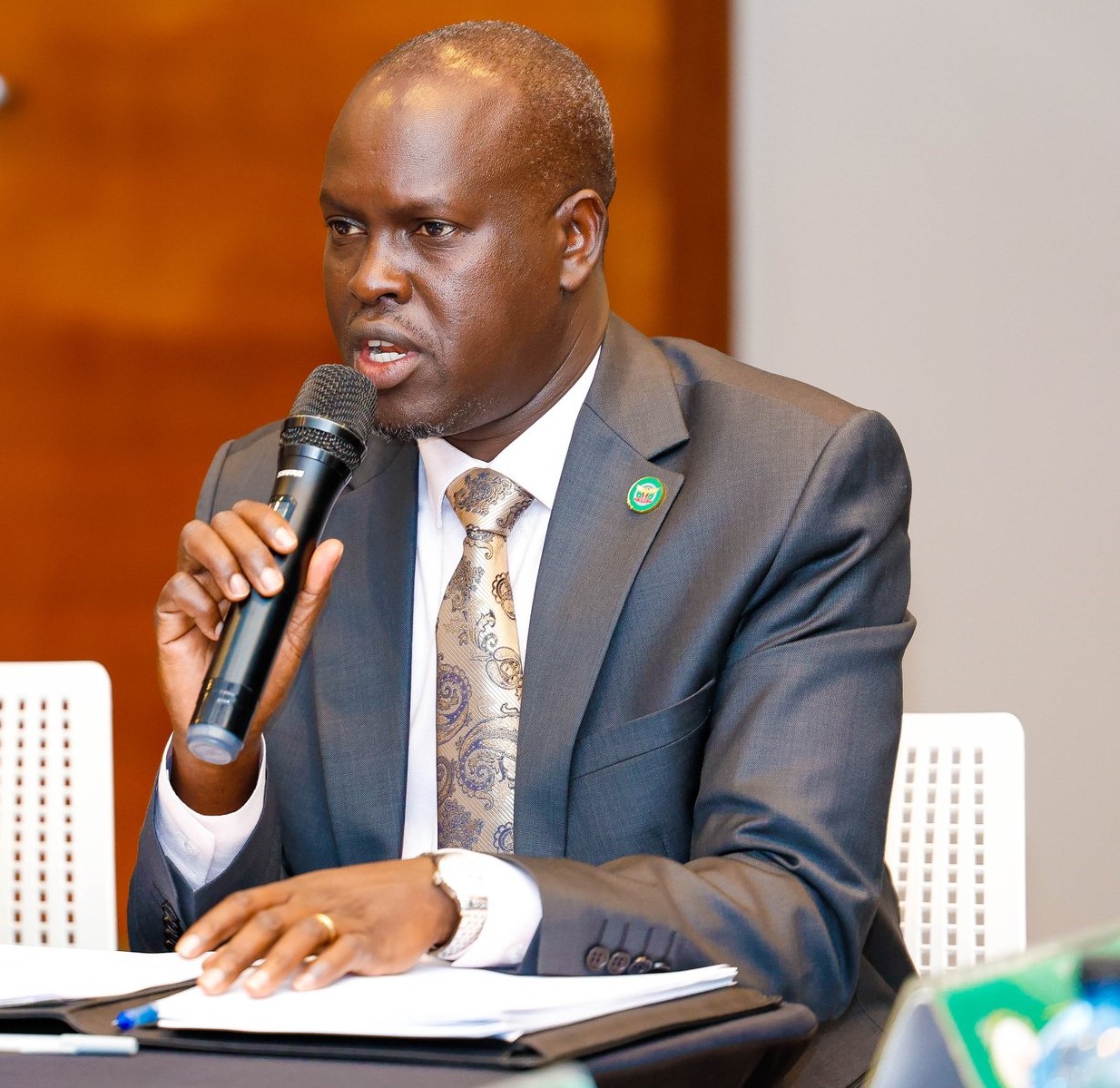Non-Governmental Organisations (NGOs) operating in Kenya now have until May 13, 2026, to fully comply with the Public Benefits Organisations (PBO) Act after the government extended the deadline by one year to allow for a smooth transition.
The move pushes the original deadline from May 14, 2025, giving thousands of organisations more time to meet the new requirements under the law, which replaces the outdated NGO Coordination Act of 1990.
NGOs will now have to adjust their governance, financial reporting, and registration procedures to meet the new standards.
The Public Benefit Organisations Regulatory Authority (PBORA) Director General, Laxmana Kiptoo, announced the extension during a media briefing in Nairobi on Thursday.
He said the new law introduces a clear legal framework that will strengthen transparency and accountability in the sector.
"This Act ushers in a new regulatory framework that supports a dynamic civil society ecosystem while reinforcing mechanisms for accountability, sustainability, and transparency," Kiptoo said.
"This spirit of collaboration is both encouraging and essential as we move forward."
Kiptoo revealed that out of 14,000 registered NGOs, only 4,000 are compliant, urging the rest to take advantage of the extension.
"It is important that they comply with the law that is being operationalised for the benefit of all," he said.
"It is shocking that out of the 14,000 NGOs we have registered, only 4,000 are compliant."
The new law, which took effect on May 14, 2024, was operationalised after more than a decade of legal delays.
President William Ruto announced its commencement during the UN Civil Society Conference in Nairobi, ending years of uncertainty caused by legal and administrative challenges.
The Act requires all NGOs to re-register under the new law within one year. Organisations that fail to apply for re-registration within 30 days after being notified by PBORA will lose their PBO status.
Those that were exempt under the old law must register within three months, while international organisations are now required to appoint local representatives for official communication.
A range of benefits await compliant organisations, including access to government funding, tax exemptions, and priority in public procurement.
They can also engage in income-generating activities, as long as the proceeds are reinvested in their mission.
The law also introduces stricter financial reporting rules.
All PBOs, regardless of size or funding, must now submit both general and audited reports within six months after the end of their financial year.
"In the previous Act, PBOs receiving funding of less than Sh1 million only filed a general report and not the audited reports, but with the PBO Act, all PBOs will henceforth file both reports," said PBORA Assistant Legal Affairs Manager Mercy Soy.
The new law allows for three modes of registration: incorporation as a new PBO, applying for public benefit status for existing entities such as companies limited by guarantee, and permits for international NGOs that want to operate in Kenya without local implementation.
PBORA will continue conducting outreach events and online consultations to support the transition. Public forums will be held in all 47 counties between June and July 2025, including sign language interpretation and translated materials to promote inclusivity.
A key part of the new law is the creation of a PBO Disputes Tribunal to handle complaints, as well as the formation of a national federation to promote self-regulation among registered organisations.
Unlike the former NGO Coordination Board, PBORA is an independent body with the authority to register organisations, monitor compliance, and recommend policy changes.
It is also empowered to investigate and deregister organisations found in breach of the law.
The impact of the PBO Act is expected to be widespread. In the 2022/23 financial year, the sector employed 79,350 people, including 41,128 salaried workers and 38,222 volunteers.
Of the salaried staff, 36,037 were Kenyans and 5,091 were expatriates.
Data from the Kenya National Bureau of Statistics shows that nonprofit institutions contributed between 0.8 and one per cent of the country’s GDP from 2018 to 2022.
The government is currently working with civil society to finalise regulations supporting the Act.
Public participation on the draft regulations will take place from June 19 to July 18, 2025, before submission to Parliament in August.
